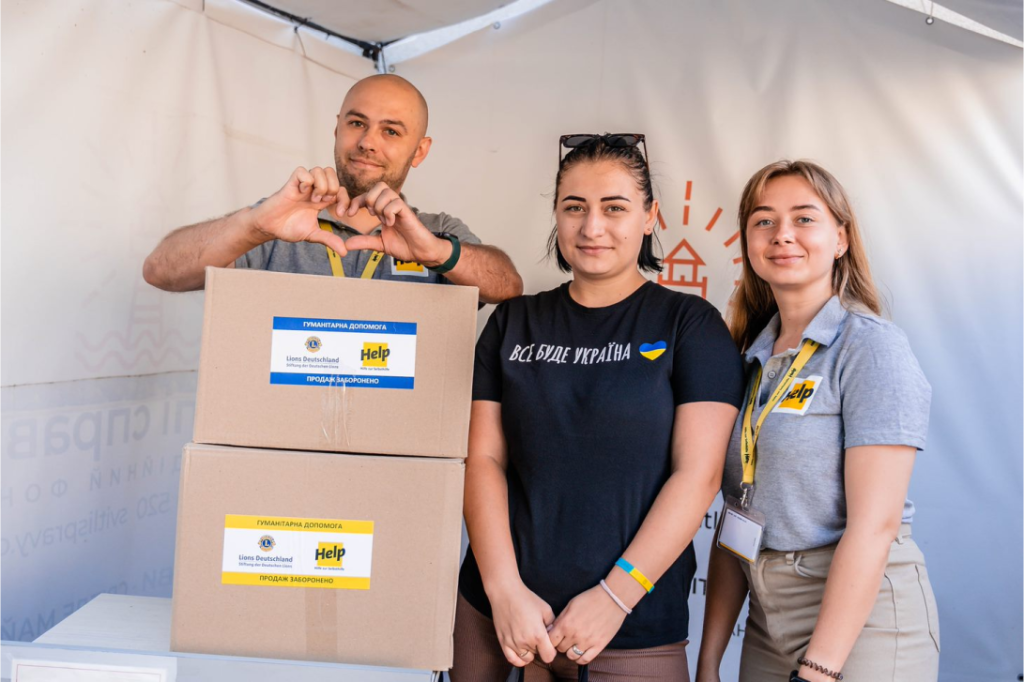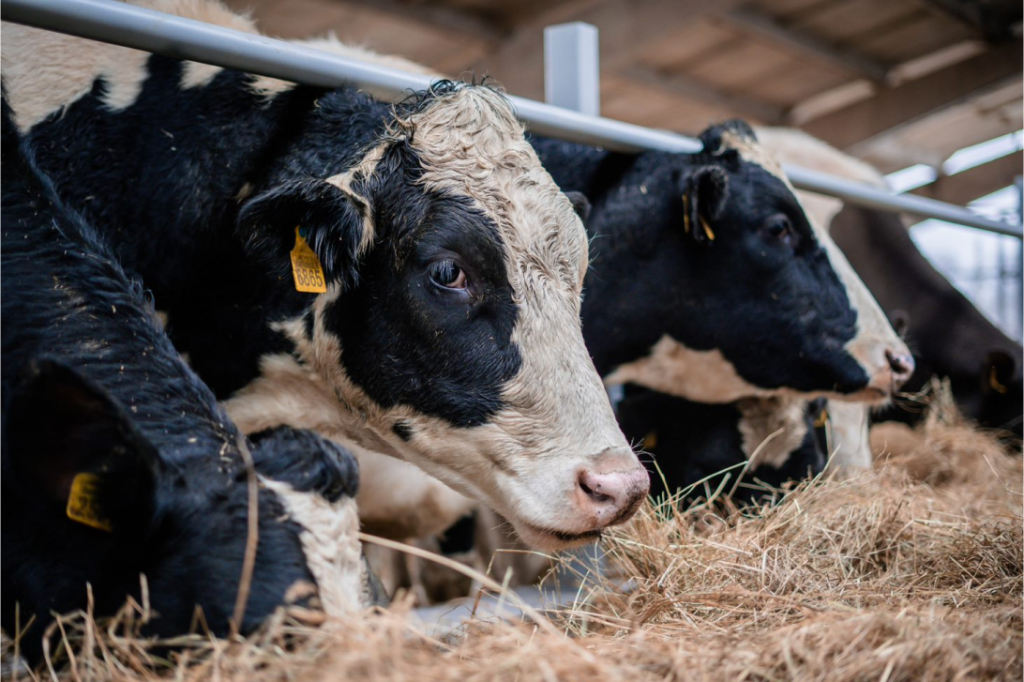
International humanitarian organization Help – Hilfe zur Selbsthilfe
Help – Hilfe zur Selbsthilfe was founded in 1981 to support Afghan refugees. Today, we are active in more than 20 countries. Together with our international partner organizations, we work daily to enable people in the regions of our projects to lead independent and dignified lives.
This organization was created to assist people in need, victims of natural and artificial disasters, and armed conflicts. The assistance would be provided to everyone, regardless of ethnicity, beliefs, or ideology.

Help in Ukraine
In 2021, the Help – Hilfe zur Selbsthilfe mission started its activities in Ukraine, primarily focusing on developing small and medium-sized businesses in Donetsk and Luhansk regions. However, with the outbreak of the full-scale invasion, the organization shifted its focus to providing emergency assistance to war-affected populations throughout Ukraine.
Help provides emergency assistance to the population, including food and hygiene kits, hot meals, and multipurpose cash assistance. As Ukraine stabilizes, Help is gradually returning to economic development projects.

Activities
Through projects aimed at supporting small and medium-sized enterprises, the organization helps to ensure the development of the country’s agricultural sector. Through long-term projects, Help seeks to empower people in need to care for themselves. The organization collaborates with local partner organizations and involves local project participants in the planning and implementation of programs. This helps to strengthen the strength of civil society in Ukraine. Given the difficult socio-economic situation in Ukraine, Help allows businesses, particularly in the agricultural sector.
In addition to providing emergency assistance, Help conducts projects on reconstruction, service to internally displaced persons, heating, food security, and healthcare


Partners
Help in Ukraine works with non-profit organizations, business associations, and other organizations that have experience working with local communities, implementing projects in various areas such as heating, medical care, education, assistance to internally displaced persons, and others. During its existence in Ukraine, the organization has implemented projects with many local partners, such as the NGO “Shyrokyi Step,” “Generation Z,” the Ukrainian Business Council, the COCF “Rayon No. 1”, and the NGO “Repair Together,” NGO “Ukrainian Agrarian Council,” COCF “Staff of Good,” NGO “Support Center “OPORA,” COCF “Svitli Spravy,” COCF “Turbotvist,” NGO “Girls,” Humanitarian Hub “I am Mariupol,” and CF “UA Friends.”

Funding
The largest donors to the Help mission in Ukraine are the German Federal Foreign Office, Aktion Deutschland Hilft, NAK-karitativ, and Lions Clubs International.

Help – Hilfe zur Selbsthilfe works closely with local communities and stakeholders and participates in clusters that develop coordinated response solutions, such as the Food Security and Livelihoods Cluster (FSLC), the Water, Sanitation, Hygiene Cluster (WASH), the Health Cluster, the Protection Cluster, the Cash Assistance Working Group, and the Shelter and Non-Food Items Cluster (SNFIs).
The work of Help – Hilfe zur Selbsthilfe is aimed at a long-term perspective. That is, an essential component of the organization’s work is providing emergency assistance in a crisis situation and helping people adapt to new circumstances and maintain decent living conditions.

Responsibility not only to the people being helped but also to the donors
The projects are funded by public and private German foundations, i.e., by taxes and donations. Help – Hilfe zur Selbsthilfe is proud that the organization receives a seal of approval from the German Central Institute for Social Affairs (DZI) every year. This is a testament to:
1. Truthful and clear advertising;
2. Cost-effective use of funds that can be verified;
3. Clear reporting;
4. Verification of annual reports and their submission to the DZI;
5. Internal control of management committees by an independent supervisor.
92% of Help – Hilfe zur Selbsthilfe’s donations are used exclusively for project implementation. This means the lowest costs for administrative resources and PR.
The organization tries to choose local partners who also meet these standards.
Read more about the Standards of Transparency and Integrity:

